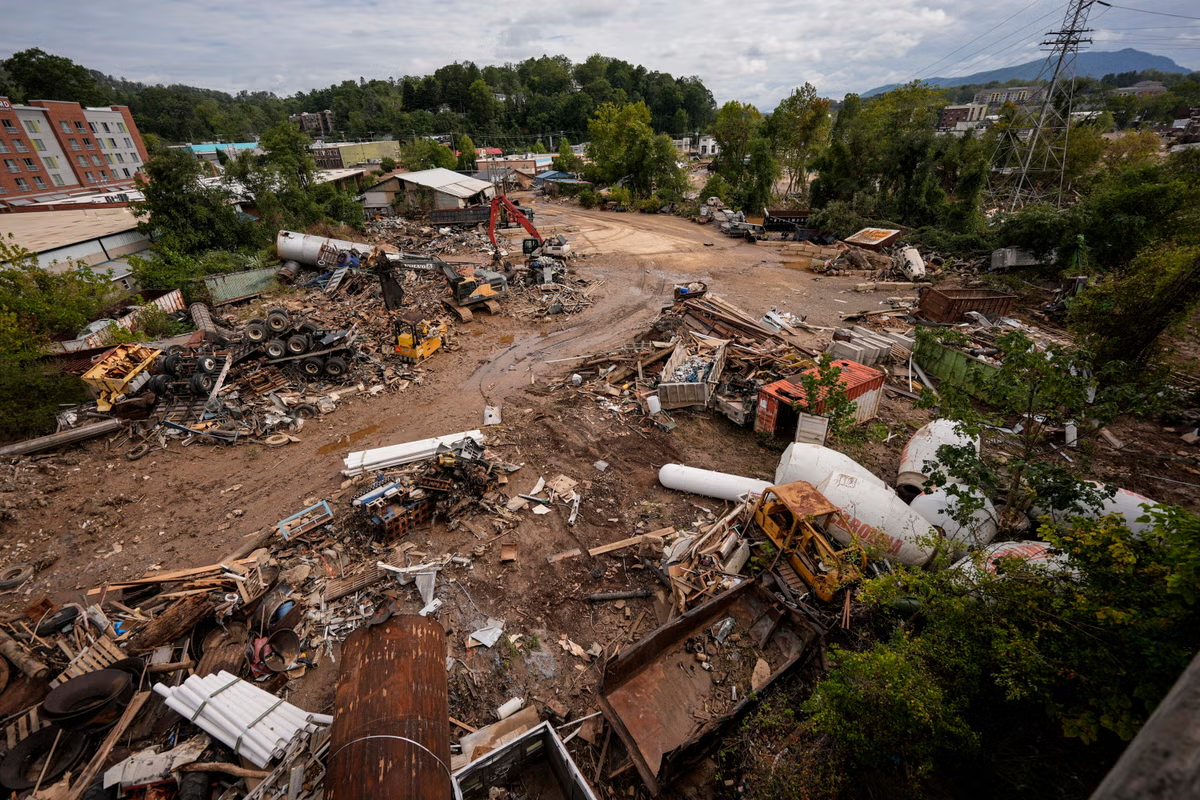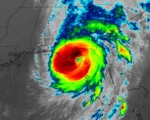Thousands in North Carolina Still Without Water Days After Hurricane Helene’s Destruction

Six days after Hurricane Helene hit the U.S. Southeast, tens of thousands of North Carolina residents are still without running water, with more than 180 fatalities reported across multiple states. The hurricane caused widespread flooding, severely damaging water plants and infrastructure, leaving many residents with no access to clean water. Over a million people remain without electricity, and water distribution sites have been set up to provide essentials to those in need.
The hardest-hit region, Asheville, is experiencing one of the most significant water crises. The city’s water supply system, serving over 150,000 people, has been severely damaged, with residents warned that running water may not return for weeks. Some neighborhoods have no water at all, while others face low pressure and have been advised to boil water before using it. The impact is widespread, affecting homes, businesses, hospitals, and schools, with authorities working around the clock to restore services.
At a food and water distribution hub set up in Pack Square Park, volunteers distributed drinking water and ready-to-eat meals. David Shoham, a resident who has been without power and water since Friday, expressed a common sentiment: “There’s nothing we can do about it individually. We just have to trust that our institutions are going to step up.”
Local businesses are also struggling. Jordan Lance, owner of Buxton Chicken Palace, has been collecting water to prepare meals for residents, though the uncertainty about how long the water shortage will last has left many business owners concerned about their future. Harrison Fahrer, co-founder of Cellarest Beer Project, echoed these concerns, stating, “If we can’t brew, we can’t pay our bills.”
The storm, which first made landfall in Florida as a Category 4 hurricane, brought catastrophic flooding and destruction across the Southeast, affecting multiple states. In Asheville, the storm washed out key water pipes, severely damaging water plants, including North Fork and DeBruhl, making it difficult to restore services. The U.S. Army Corps of Engineers and the National Guard have been deployed to assist in recovery efforts, but the timeline for full restoration remains uncertain.
At least 61 people have died in Buncombe County alone, bringing the storm’s overall death toll to 189 across six states. In addition to the water crisis, search-and-rescue teams are still working to locate the missing and provide aid to survivors.
President Joe Biden visited North Carolina to assess the damage, while Vice President Kamala Harris traveled to Georgia, emphasizing the need for continued federal support in the recovery process. The water crisis in Asheville has also led to the closure of schools, with local officials emphasizing that they cannot reopen without a reliable water supply.
As residents face weeks of uncertainty, the community is banding together to support one another, but the road to recovery will be long.





















